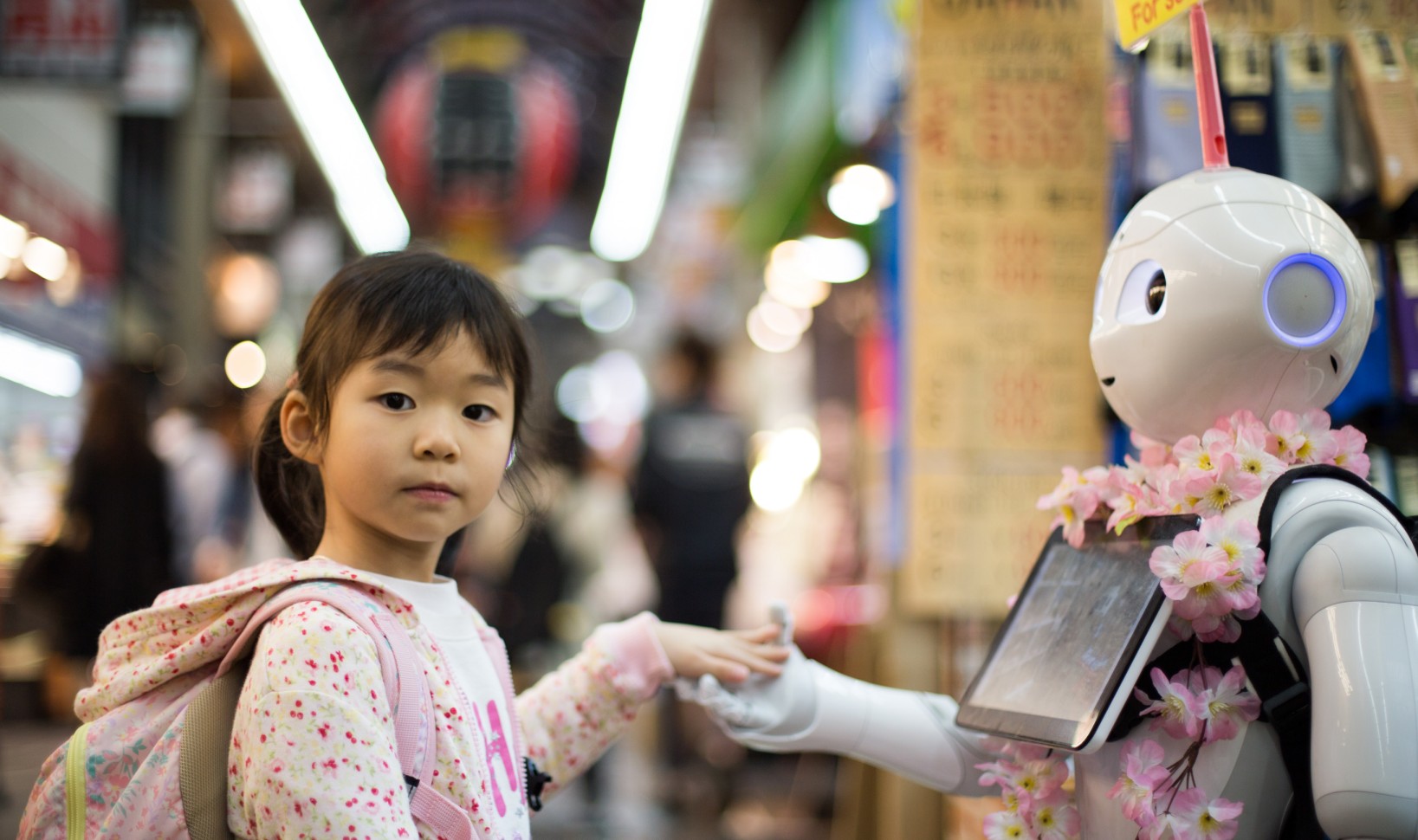...

It’s been a while since robots left the industrial field and came to communicate with us. Social robots are those that can interact with people in a meaningful way, using verbal and non-verbal language. These robots can provide assistance at home, school, business, hospitals, airports, and many other places. These new communicational agents may both have a physical body and not have it (in this case, they are called “intelligent agents without bodies” as is the case in Siri and Cortana).
Despite these agents becoming increasingly common, we still know little about the effects of interactions with these new agents and how we can exploit their potential, as well as to minimize any potential risks, especially in the Chilean population.
The Social Robotics Lab (RobotLAB UAI) is born at the eaves of the School of Communications and Journalism at the University of Adolfo Ibáñez and is set up as an academic center with three main objectives:
RobotLab collaborates with similar laboratories around the world (Project Childrobot, University of Amsterdam) and Combotlabs (Western Michigan University), and has international collaborators and mentors to keep up with cutting-edge research on these emerging phenomena.
Are you curious about our research? Check out our research section. If you want to know more about researchers and mentors, check out our team page. Are you a father, mother, guardian, director or teacher and do you consider allowing your child or school to participate in our research? In this case, you can find more information in our parents and schools section. Are you a child or adolescent and are you interested in social robotics and participating in our research? In that case, look at our Children and Adolescents section.